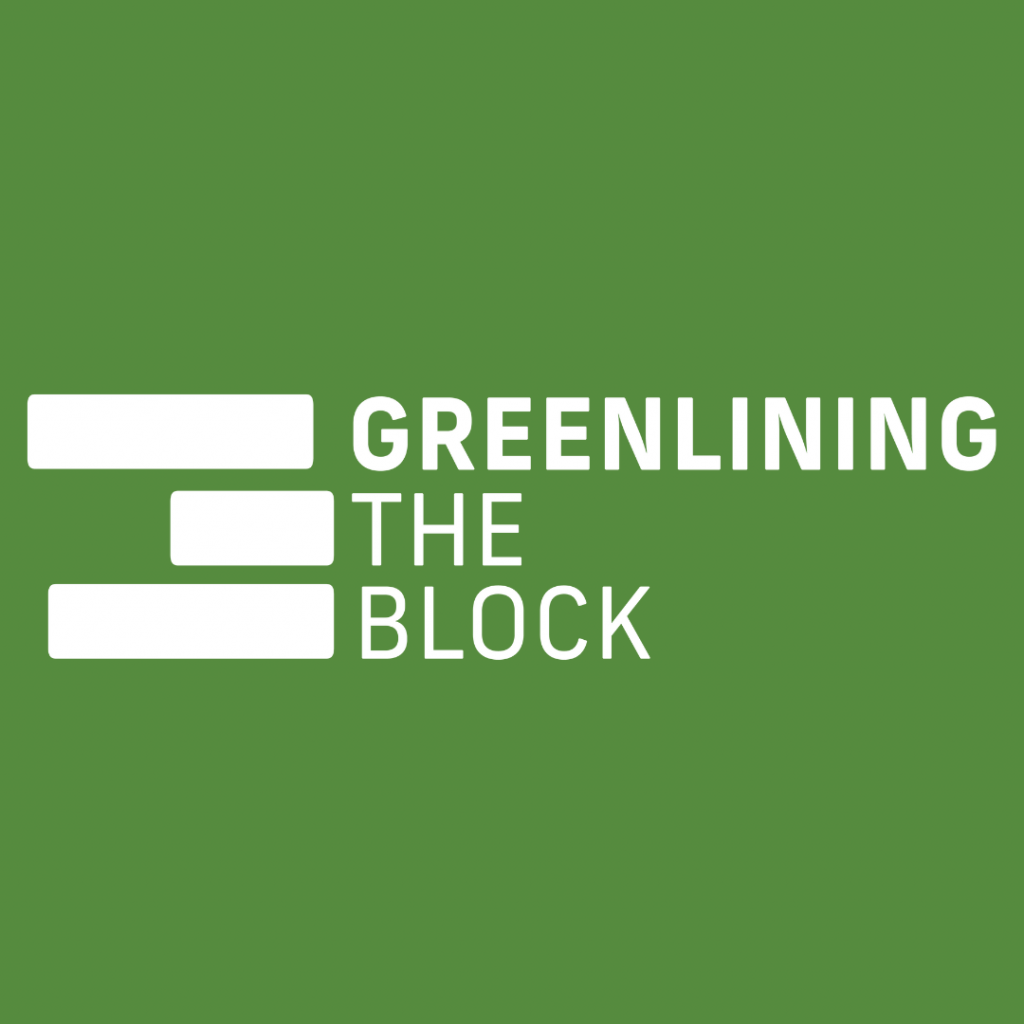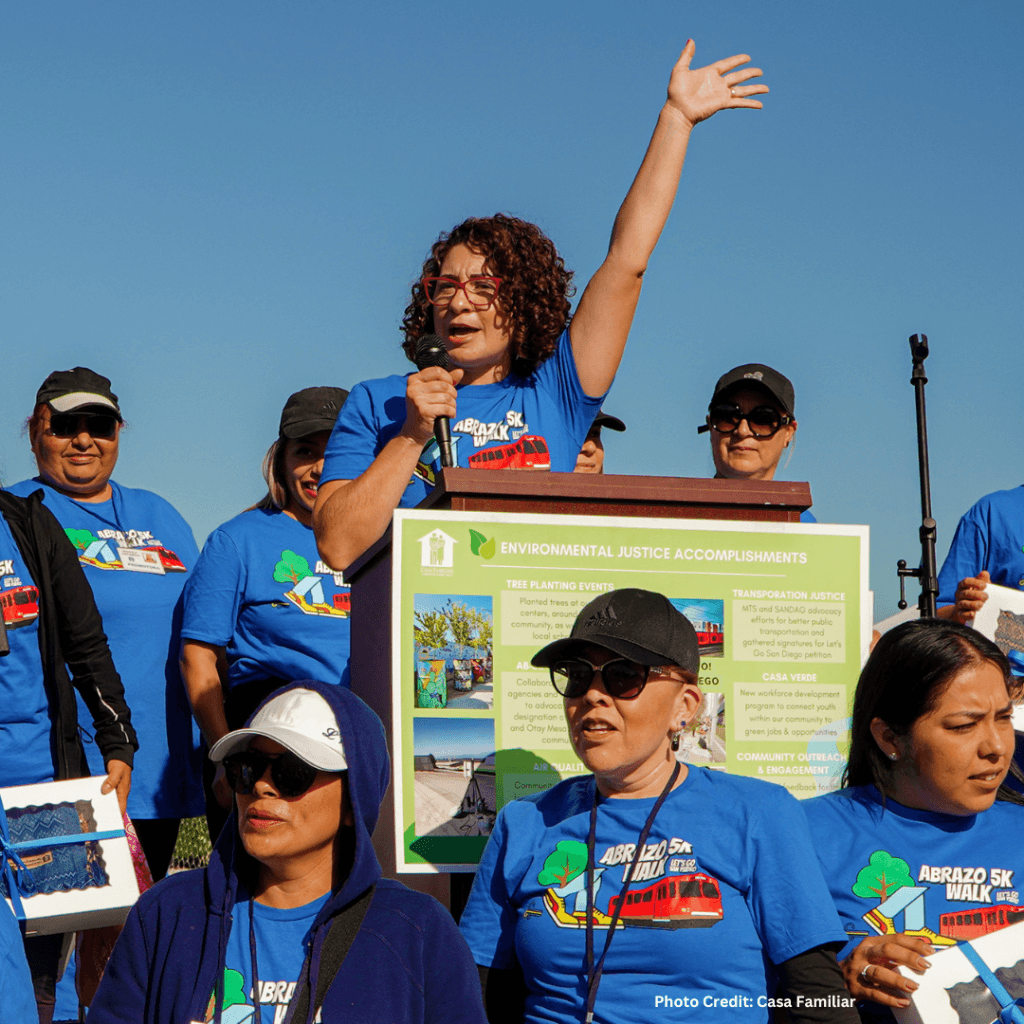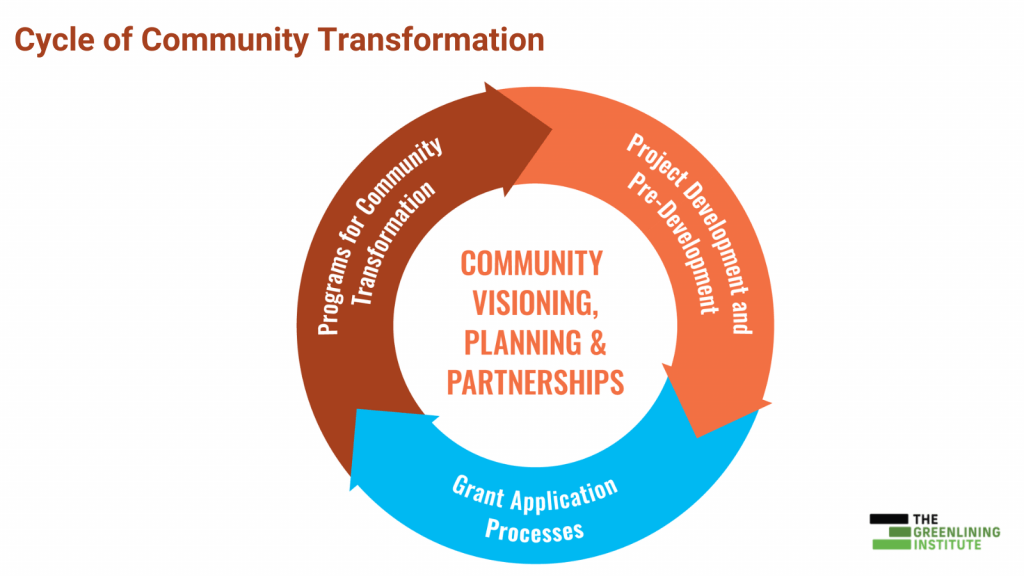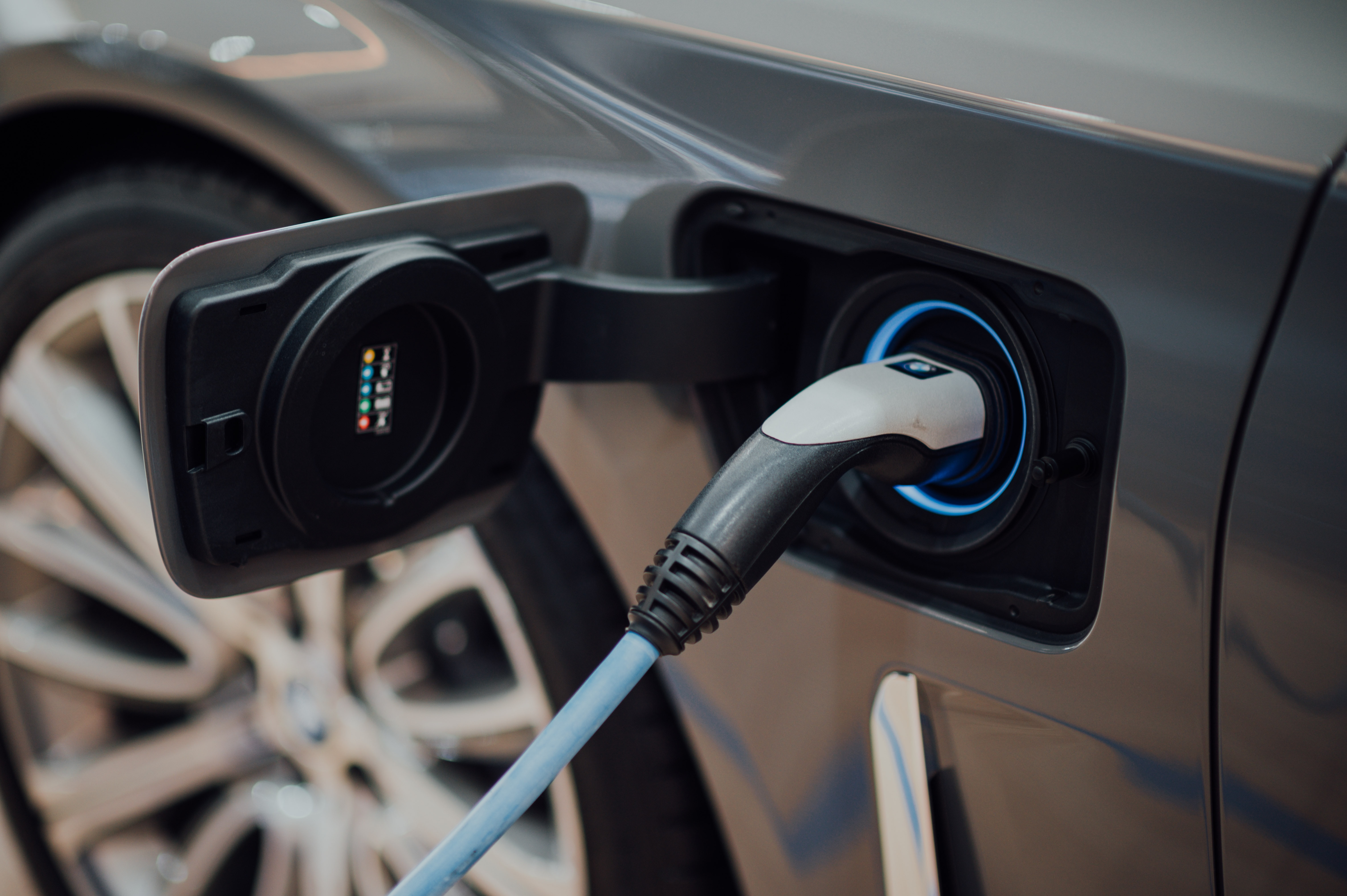Overview
Greenlining The Block
Greenlining the Block is an initiative developed by The Greenlining Institute to support the leadership and expertise of communities of color to prepare for and maximize federal, state and local infrastructure investments to drive effective climate action that meets community needs. Greenlining the Block works to strengthen community-based organizations to advance climate justice neighborhood projects in communities across California (Stockton, Oakland, Eastern Los Angeles County, San Diego), Colorado, Illinois, North Carolina, Michigan.

Background
Tackling Systemic Barriers
We have a historic opportunity to ensure that the large-scale investments available through Justice40, the Biden-Harris Administration’s signature climate program, the Bipartisan Infrastructure Law, and the Inflation Reduction Act and private sector climate investments are intentionally invested in communities of color, and address long standing inequities in infrastructure investments. To do so, Greenlining the Block is bridging a gap between community capacity and new infrastructure funding opportunities to ensure that climate investments are being directed and absorbed by communities of color for the types of projects that are needed most.
Too often infrastructure investments fail to adequately address the needs of communities of color and at worst exacerbate inequities and accelerate gentrification and displacement. When a community tries to drive change in their own neighborhoods, they are often met with insurmountable challenges caused by historic disinvestment, systemic barriers, and a lack of trust across sectors. Furthermore, new public and private funding opportunities for climate action are often siloed, further weakening the ability of the field to align on solutions.
To address many of these systemic barriers, Greenlining is building on its decades of experience targeting climate investments in communities of color and advancing our model established through California’s Transformative Climate Communities program. This program established through AB2722 has catalyzed over $350 million in investments in communities across the state. The program has informed our understanding of the necessary ingredients for nurturing successful community-driven climate projects at the local level and effectively catalyzing multi-sector partnerships. It is based on this experience including working directly with community partners and local government that is the basis for our approach through Greenlining the Block.

For more information, please contact Greenlining the Block Program Manager, Ariadne Villegas: ariadne.villegas@greenlining.org
Purpose
Transforming Community Development
Greenlining the Block works to strengthen community-based organizations to advance climate justice neighborhood projects. To reverse decades of disinvestment and racist policies, we are doubling-down on community ownership of solutions. We will be working with partners to:
- Develop neighborhood and capital project ideas grounded in community needs and priorities
- Advance community-led project visions to become both equity- and project-ready
- Cultivate multi-stakeholder partnerships for greater collective impact
- Build the capacity needed to lead their own transformations and engage on climate issues with longevity

Our Approach
The Cycle of Community Transformation
To support a cycle of community transformation we will be strategically investing in four major components to drive change :
- Community Visioning, Planning, and Partnerships
- Project Development and Pre-Development
- Grant Application Processes
- Programs for Community Transformation. Our approach is rooted in our unique approach to fostering community-led solutions to climate change that meet the needs of frontline neighborhoods through a model we developed called Transformative Climate Communities.

Through Greenlining the Block, we will be investing in the capacity of community based organizations to advance their priority climate justice neighborhood project as follows:
- Pass-through over $4.5 million in grant resources to support baseline dedicated capacity within partner organizations to engage on climate issues with longevity
- Support partners to evolve community identified priorities to “shovel-worthy” ideas and ultimately to “shovel-ready” proposals with dedicated funding and technical assistance resources
- Establish a $1 million Climate Action and Racial Equity Fund to provide seed investment and leverage for their projects
Partners
Community Partners Leading the Way
Greenlining the Block partners with the leadership and expertise of communities of color to prepare for, and lead effective climate action that meets community needs. Project partners will participate in a program developed by Greenlining to strengthen community capacity that includes four core components:
- Community of Practice to build collective and sustained learning to advance a suite of community-driven climate projects
- 1:1 Coaching and technical assistance across pre-development and grant application activities tailored to each partner
- Project Proposal Development to support community partners to prepare for competitive grant opportunities
- In-person learning tours and site visits
Cohort One
Meet the inaugural cohort of Greenlining The Block. A Community Practice that consists of eight partner organizations in California, Illinois, and Michigan.
Learn MoreCohort Two
Get to know the second Greenlining the Block cohort made up of sixteen organizations across four states: Michigan, North Carolina, California, and Colorado who are advancing neighborhood-level climate action projects.
Learn More


